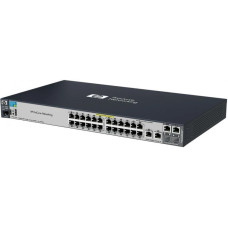Networking is a vast and dynamic field that involves the design, implementation, management, and maintenance of computer networks. It encompasses the intricate web of interconnected devices and systems that allow for seamless communication and data transfer within organizations and across the globe.
Networking professionals work tirelessly to ensure the smooth functioning of networks, enabling efficient and secure transmission of information. They are crucial in establishing and maintaining network infrastructure, including routers, switches, servers, and firewalls. Their expertise lies in configuring and troubleshooting network devices, optimizing network performance, and implementing robust security measures to safeguard against unauthorized access and data breaches.
In today's interconnected world, networking plays a pivotal role in various industries and sectors. From small businesses to large enterprises, educational institutions, healthcare facilities, and government organizations, every entity relies on a stable and efficient network to carry out their daily operations. Networking professionals are responsible for ensuring that networks are always accessible, reliable, and scalable to meet the ever-growing demands of the digital landscape.
The field of networking encompasses a wide range of technologies and protocols, such as Ethernet, TCP/IP, Wi-Fi, virtual private networks (VPNs), and cloud networking. It also includes areas like network monitoring and performance optimization, network virtualization, voice and video communications, wireless networking, and network administration.
As technology continues to advance at an unprecedented pace, networking professionals constantly adapt and update their skills. They stay abreast of the latest industry trends, emerging technologies, and best practices to design and implement cutting-edge network solutions. Their role extends beyond setting up and maintaining networks; they also provide strategic advice, conduct feasibility studies, and plan for future network expansion to cater to the ever-evolving needs of organizations.
In summary, networking professionals are the backbone of our modern digital infrastructure. They ensure that our networks are fast, secure, and reliable, enabling seamless communication, collaboration, and data exchange in today's interconnected world. Their expertise and dedication play a vital role in driving the smooth functioning of organizations and fueling technological advancements across various industries.
Networking professionals work tirelessly to ensure the smooth functioning of networks, enabling efficient and secure transmission of information. They are crucial in establishing and maintaining network infrastructure, including routers, switches, servers, and firewalls. Their expertise lies in configuring and troubleshooting network devices, optimizing network performance, and implementing robust security measures to safeguard against unauthorized access and data breaches.
In today's interconnected world, networking plays a pivotal role in various industries and sectors. From small businesses to large enterprises, educational institutions, healthcare facilities, and government organizations, every entity relies on a stable and efficient network to carry out their daily operations. Networking professionals are responsible for ensuring that networks are always accessible, reliable, and scalable to meet the ever-growing demands of the digital landscape.
The field of networking encompasses a wide range of technologies and protocols, such as Ethernet, TCP/IP, Wi-Fi, virtual private networks (VPNs), and cloud networking. It also includes areas like network monitoring and performance optimization, network virtualization, voice and video communications, wireless networking, and network administration.
As technology continues to advance at an unprecedented pace, networking professionals constantly adapt and update their skills. They stay abreast of the latest industry trends, emerging technologies, and best practices to design and implement cutting-edge network solutions. Their role extends beyond setting up and maintaining networks; they also provide strategic advice, conduct feasibility studies, and plan for future network expansion to cater to the ever-evolving needs of organizations.
In summary, networking professionals are the backbone of our modern digital infrastructure. They ensure that our networks are fast, secure, and reliable, enabling seamless communication, collaboration, and data exchange in today's interconnected world. Their expertise and dedication play a vital role in driving the smooth functioning of organizations and fueling technological advancements across various industries.



















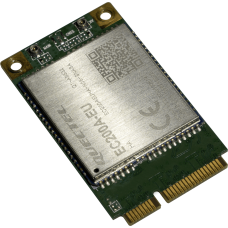




-228x228.png)
-228x228.png)



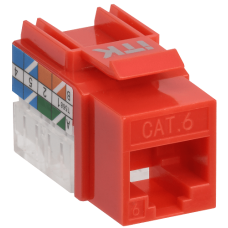

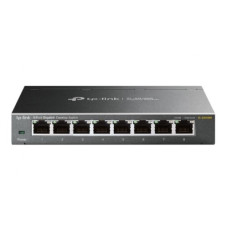
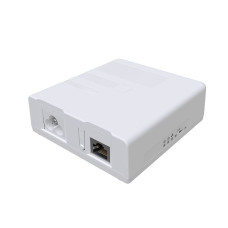

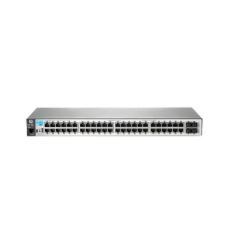
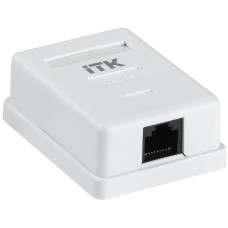
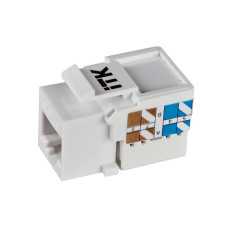



-228x228.png)
